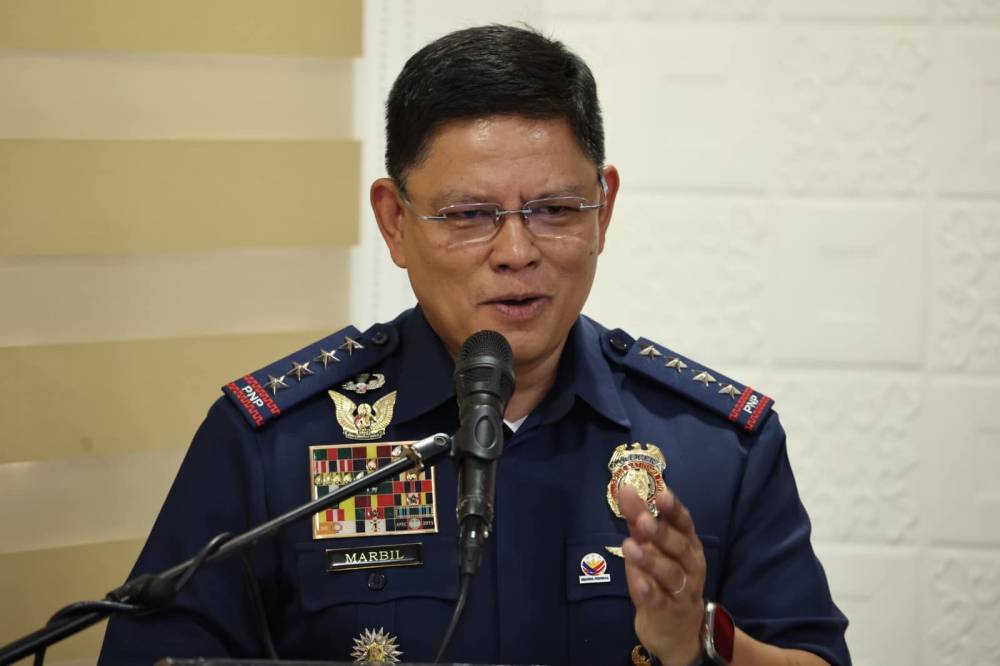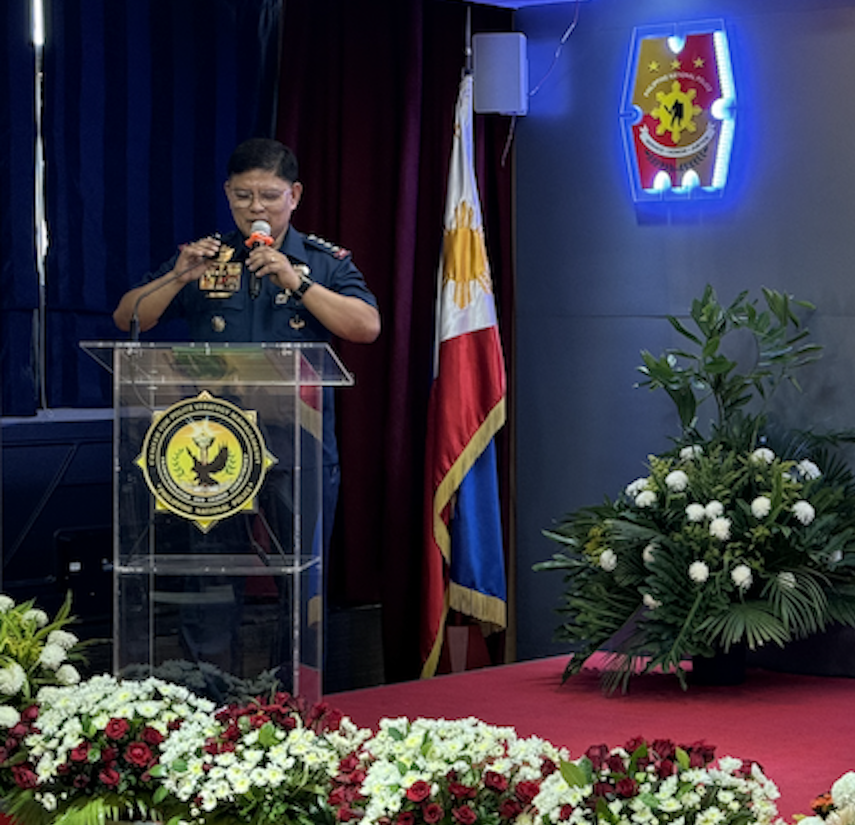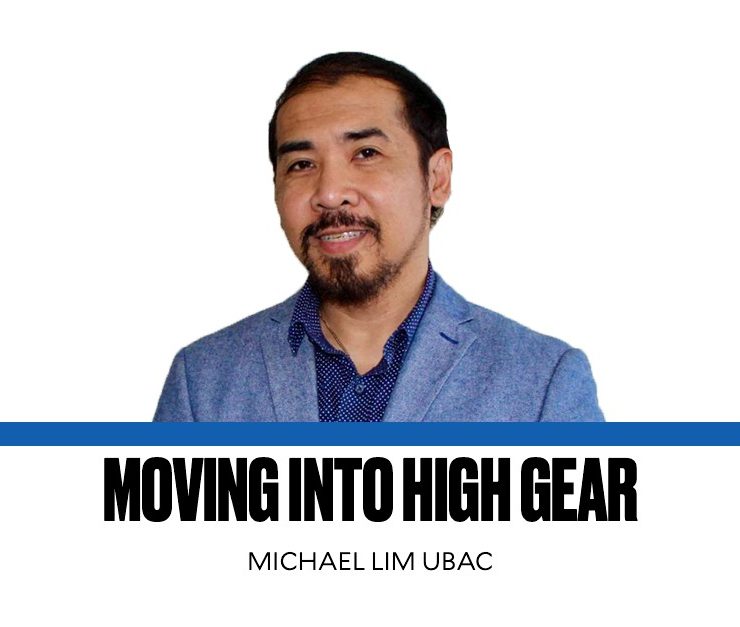Reverse-engineering of PNP’s crime-fighting mandate
Under the shadow of the ongoing congressional investigations into the scandals involving certain former and current police officials, the Philippine National Police (PNP) held its 9th National Advisory Group Summit in a quiet corner of Camp Crame last Sept. 25.
Members of the advisory groups (AGs), who belong to the academia, business, media, and religious sectors, gathered at Maringal Hall, which houses the PNP Forensic Group, for the daylong event.
The choice of the venue may have been coincidental. But it speaks volumes about the need for a forensic-type of scrutiny into the systems and processes at the PNP that need a thorough rethinking and reform since its formal inception in 1991.
The PNP faces organizational challenges to ensure its efficiency and responsiveness to the basic right of Filipinos to security through a robust domestic law and order. In a nutshell, the ideal situation for the police (organization and operations-wise) is for them to be adaptive, responsive, and proactive, so that all their personnel and resources are geared toward fulfilling their law enforcement mandate.
The summit’s theme, “Optimizing stakeholder collaboration for a much safer new Philippines,” is actually a complex objective because it pertains to the raison d’être of the national police force. The Constitution is unequivocal in birthing a PNP that is “national in scope and civilian in character,” cutting off its umbilical cord from the defunct Philippine Constabulary, whose soiled memory rightfully belongs to the dark recesses of the 20th century.
The national scope of the PNP is a marked deviation from the United States system, which has a decentralized police force that often leads to jurisdictional ambiguities.
Linchpin of peace
But the civilian nature of the PNP makes its engagement with the community it has sworn to serve, defend, and protect crucial to its success. The police power of the Philippine state is exercised for the welfare of the people. The specifics of this mandated protection are painstakingly enumerated in 22 sections of our Constitution’s Bill of Rights (Article III). The PNP is responsible for not just upholding the Constitution, but also for serving the public interest and upholding democratic values.
But this constitutional, almost sacred, obligation is not a one-way street for the PNP.
The Filipino nation, the community at-large, must also bear the burden of maintaining an even keel for the ship of state. Our support for the PNP is the linchpin of any effort to maintain peace and order in any locality, and this support—although mainly exercised by our duly-elected representatives through the power of the purse—may come in different forms.
PNP chief Gen. Rommel Francisco Marbil himself recognized the importance of advisory groups, which are present at all levels of the PNP, when he surprised summit attendees with his presence. In an impromptu speech, he recognized the numerous projects of AGs across the country and the individual expertise that AG members bring to the table.
“Their on-the-ground expertise and local knowledge are invaluable in tailoring our strategies to the specific needs of their respective regions,” the police general stressed in a special newsletter issued solely for the summit. He also mentioned the collaboration and innovation that the AGs have introduced to the PNP system.
“While our core actions within the Philippine National Police remain committed to our fundamental mandate, we recognize that the support and collaboration of our Advisory Groups are crucial to refining our strategies and enhancing our effectiveness. These groups provide critical insights and assistance, enabling us to develop and implement more impactful initiatives that address the evolving needs of our communities,” said the police general.

Patrol Plan 2030
The summit’s theme is part of the medium-term (2021-2025) plan of the “PNP P.A.T.R.O.L. Plan 2030,” which stands for Peace and Order Agenda for Transformation and Upholding the Rule of Law. The medium-term objective is to enhance crime detection, prevention, and case resolution rates.
You have read it correctly, dear reader. There is a big plan—“the PNP’s long-term strategic framework aimed at transforming the police force into a highly capable, effective, and credible institution by the year 2030.” But the “Patrol Plan” is largely unknown to an understandably pessimistic public inured to the scandals coming out of the PNP.
AGs can be found at every level of the PNP organizational structure from the national administrative units (e.g., logistics support service) and operational support units (e.g., Maritime Group, Intelligence Group) to the 17 Police Regional Offices, police provincial offices, and city police offices.
The AG’s main task is to bridge the divide between law enforcement officers and communities throughout the country, while also increasing their competencies as law enforcement officers through various training programs conducted for free by AGs.
The partnership is aimed at strengthening trust between the police force and the public. If carried out to its logical, righteous conclusion, it can help in “enhancing law enforcement capabilities, maintaining peace and order, and strengthening the rule of law,” as the Patrol Plan envisions.

Service and advocacy
Since 2014, the PNP Center for Police Strategy Management (CPSM) has been quietly but effectively shepherding the implementation of the plan despite the rapid turnover of officials in the PNP hierarchy. Besides the CPSM, which is currently headed by Brig. Gen. Victor Arevalo, All AG members working under the National Advisory Group for Police Transformation and Development (NAGPTD) are a constant in this journey for police transformation.
“With nearly 2,000 members, the AGs are committed to selfless service, working without compensation and focusing on advocacy,” said NAGPTD Chair Ricardo F. de Leon, who is the director general of the National Intelligence Coordinating Agency. He also credited Marbil’s focus on streamlining processes and enhancing the field deployment of police officers as a “bold commitment to making the PNP a more effective, responsive and credible force.”
Thus, the Patrol Plan is the first solid attempt at a holistic reform of the PNP by creating a roadmap that specifically involves the civilian population through the AGs, which readily provide feedback and suggestions, and assist in rating the performance scorecards of police officers through the Performance Governance System (PGS).
Transformation is a journey, and getting there is not a walk in the park. This may explain the long-term approach taken by those who designed the PNP Patrol Plan. What they desire, which the public has been raring to see, is a “comprehensive approach toward professionalizing the police force, improving public safety, and strengthening governance in law enforcement.”
(More on the PGS in my next column) For comments: mubac@inquirer.com.ph


















